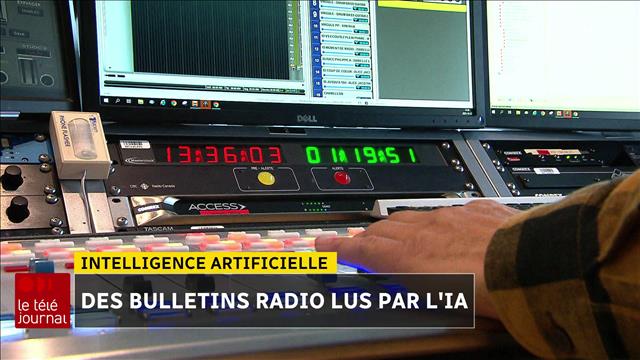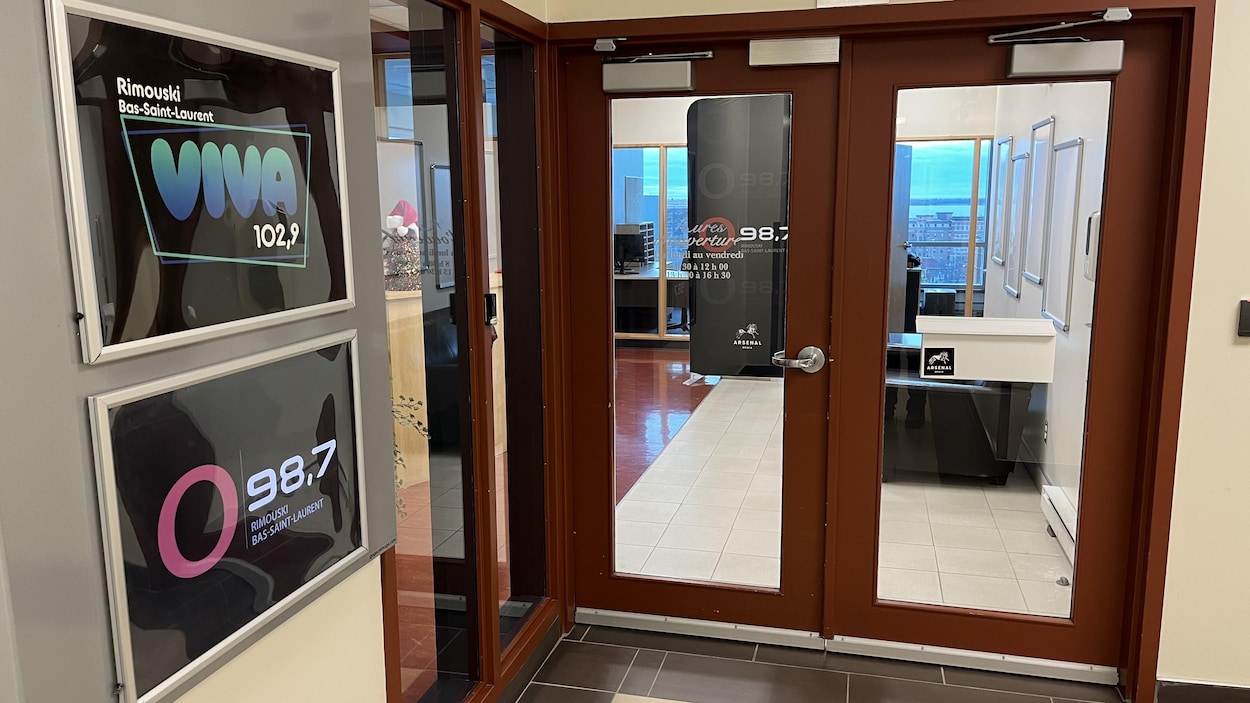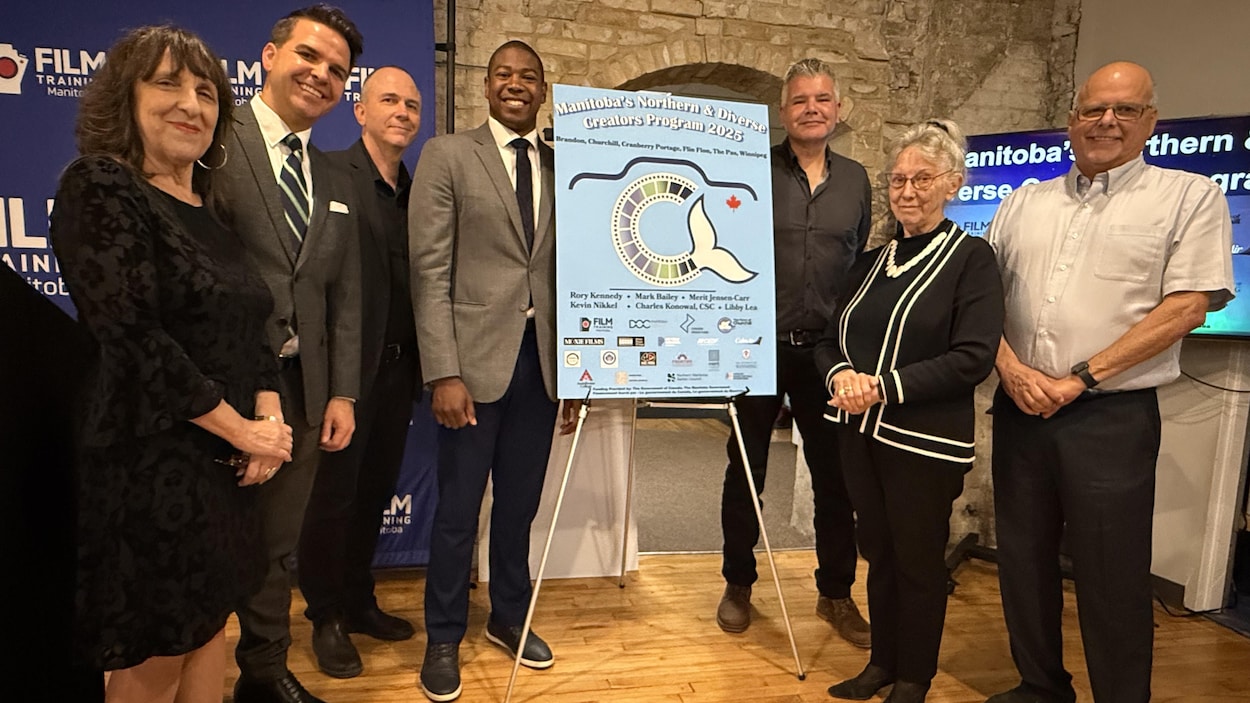Science·New
A caller Yale science survey says the audio prime you person connected video calls tin impact however others comprehend you — particularly successful snap-judgement scenarios similar occupation interviews and dating.
New survey finds tinny, hollow audio reflects severely connected talker
Anand Ram · CBC News
· Posted: Apr 20, 2025 4:00 AM EDT | Last Updated: 9 minutes ago

evEn IF yOU cAN UNdersTanD eVEry OnE oF tHese WORdS, HOW thiS SEntENce lOOks, MaTTeRs.
Beyond being an affront to CBC News style, a condemnation similar the 1 above also makes the scholar enactment a small harder, affecting a conception called fluency.
"Fluency is conscionable the easiness with which we process information," says Brian Scholl, a prof of science and cognitive subject astatine Yale University.
Scholl's latest probe adds to the cognition that fluency besides affects how we justice what we hear, and was inspired by the mode galore of america pass these days: video calls.
Hire, desire, liar
In a bid of experiments, thousands of radical crossed ages and demographics listened to abbreviated audio recordings, and were asked to marque judgments afterward.
"Critically, fractional of the subjects heard a precise rich, resonant recording," Scholl explained, portion the different radical heard the aforesaid recording, "but filtered truthful that it sounded similar it was coming done a benignant of tinny microphone."
In different words, fractional heard the benignant of audio prime we've each been proceeding since the pandemic thrust Zoom, WhatsApp and FaceTime calls into ubiquity.
In 1 example, wherever a antheral dependable was applying for a job, fractional the participants heard the nicer sounding audio, portion the different fractional heard the poorer prime one. Here's a illustration of those recordings, combined:
Which dependable would you hire?
"What we recovered crossed galore antithetic judgments is that radical were little apt to prosecute idiosyncratic erstwhile they were speaking that acquainted tinny quality," Scholl said. Participants rated voices connected a sliding standard of whether they were hireable, from "very unlikely" to "very likely."
That hollow-sounding audio besides made participants complaint the talker arsenic little credible and little intelligent. This was adjacent the lawsuit erstwhile the talker was a computerized dependable — meaning adjacent the cadence of a robot was deemed much trustworthy, arsenic agelong arsenic the audio sounded richer.
One of the experiments adjacent led participants to complaint the higher prime quality signaling arsenic idiosyncratic they would much apt spell connected a day with.
Scholl says this "superficial" aspect of our connection tin power our impressions of radical without america knowing it.
First impressions matter
Sonia Kang, a prof of organizational behaviour and quality assets absorption astatine the University of Toronto, says that fluency and disfluency play a large relation successful the impressions we marque connected different people.
And successful first-time scenarios similar occupation interviews, the interaction is greater.
"Because past you don't person your inheritance beliefs and humanities discourse of this idiosyncratic being competent," said Kang, who was not progressive successful the research. "You're conscionable making these speedy judgments based connected immoderate accusation is coming astatine you."
Scholl points retired different disadvantage successful virtual calls. Beyond asking "can you perceive me?" (and proceeding "you're muted" acold much than you'd similar to admit), we don't get overmuch feedback on however we sound.

"I tin spot however I look, right? People bash this each the time. They hole their hair, they play with their background," Scholl said, speaking to CBC News connected Zoom from New Haven, Conn., wherever helium sometimes teaches hundreds of students via virtual calls.
"Every 1 of those 400 radical knows precisely however I sound, but I don't, right? What I perceive is what's coming retired of my mouth. That's precise antithetic than what you perceive filtered done each these layers of technology."
Bias upon bias
Jessica Grahn, a prof of neuroscience astatine Western University successful London, Ont., says the survey checks a fig of its ain biases, including pre-registering its predictions (she likens that to calling your pouch successful pool) and seeing if participants were affected by their temper oregon whether they understood the contented of the audio recording.
However, Grahn says determination was a "missed accidental to look astatine the demographics of the radical who are answering the questions," suggesting a trial for whether genders were "equally taxable to these biases oregon are they stronger oregon weaker erstwhile you're judging crossed [your] gender?"
WATCH | Using AI to destruct biases successful hiring: Canadian startup uses AI to trim occupation interrogation bias
Grahn besides commented connected the experiments having been rooted successful immoderate underlying stereotypes, wherever antheral voices are much often judged connected hireability and quality portion pistillate voices are often judged connected desirability and credibility.
Check yourself
Scholl says, since COVID, a large woody of hiring is done virtually, astatine slightest astatine a archetypal pass. And helium says his probe tin pass hidden biases successful hiring.
However, Grahn says determination are plentifulness of different biases successful a occupation interrogation — and successful wide — from attractiveness to being positively disposed to radical who look and dependable similar us.
"Keep successful caput we are each precise biased radical and we are influenced by things that are wholly illogical and irrational," Grahn said.
Kang suggests different beauteous elemental and almighty weapon: pointing retired the bias to hiring managers earlier they commencement the interview.
"Something like, 'Hey, if idiosyncratic sounds tinny oregon distant, retrieve that it's conscionable their equipment, not a reflection of their competence,'" Kang told CBC News from Vancouver.
"This shifts their attraction from the mean backmost to the message, truthful to speak."
ABOUT THE AUTHOR
Anand Ram is simply a newsman and shaper with CBC's subject and clime unit. He's worked arsenic a newsman covering technology, concern and the situation and arsenic a shaper with The National.

 9 Months ago
144
9 Months ago
144










 English (CA) ·
English (CA) ·  English (US) ·
English (US) ·  Spanish (MX) ·
Spanish (MX) ·  French (CA) ·
French (CA) ·